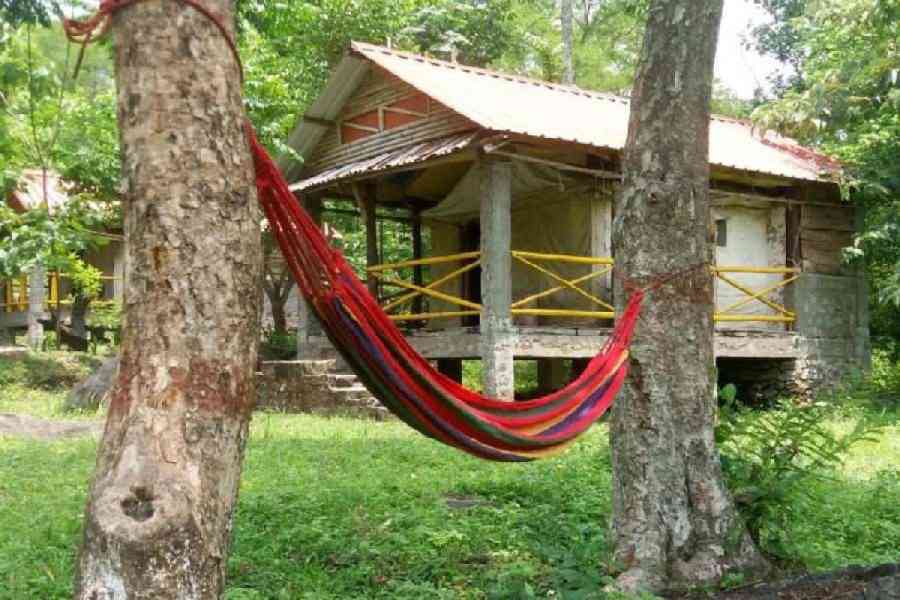The Gorkhaland Territorial Administration (GTA) is preparing a roadmap to dispose of solid waste generated by hundreds of homestays in the Darjeeling hills.
Members of the eco-tourism development committee, constituted by the state tourism department, met Norden Sherpa, the executive councillor of the tourism department of the GTA, in Darjeeling on Wednesday to discuss the waste management at homestays.
Representatives of homestay owners were also present.
Hundreds of tourists are pouring into homestays, which mushroomed in the hills in the past few years, for vacation in a serene location, instead of the hustle and bustle of hill towns.
The inflow of tourists has prompted organisations which have been working on the conservation of nature and the rich biodiversity of the region to express concern over the absence of a proper waste management system in areas where the homestays have come up.
Sanjok Dewan, the guide instructor of Mahananda Eco-tourism and Conservation Society (METACOS), said one of the major reasons for the popularity of the homestays was their ideal locations, particularly for birdwatchers.
Hundreds of birdwatchers, ornithologists and ordinary visitors check into the homestays every month, he said.
“The birdwatchers stay in homestays and visit places like Rongtong, Sittong, Shivkhola and Latpanchar throughout the year to see various winged creatures. The location of homestays suits the birdwatchers. But simultaneously, we are concerned over the absence of a proper waste management system and apprehend that if these areas get polluted, it would eventually affect nature, including the habitats of the avian species,” said Dewan.
A couple of years ago, Dewan guided former cricketer Anil Kumble, who has a keen interest in wildlife photography, for hornbill sightings in the Mahananda Wildlife Sanctuary.
According to sources in the state tourism department, north Bengal has over 1,900 homestays, of which around 1,600 are in the Darjeeling and Kalimpong hills.
Raj Basu, chairman of the state’s eco-development committee, said homestays flourished particularly after the Covid-19 pandemic as people started to prefer secluded locations.
“We understand that proper solid waste management is not possible in the remote locations of the hills. But around 80 per cent of the pollution can be reduced through proper segregation and scientific incineration,” said Basu.
After meeting Sherpa on Wednesday, Basu said: “At the meeting, the executive councillor said the GTA would soon prepare a roadmap to dispose of garbage generated by homestays. They want the plan to be in place by the middle of next month.”
Dawa Gyalpo Sherpa, field director of the tourism department of the GTA, said the autonomous hill body was preparing a comprehensive database of homestays in the GTA area.
“We have instructed all homestay owners to maintain proper cleanliness, restrict use of plastic carry bags and properly dispose of plastic waste through appropriate segregation during the ensuing summer season,” Sherpa said.











